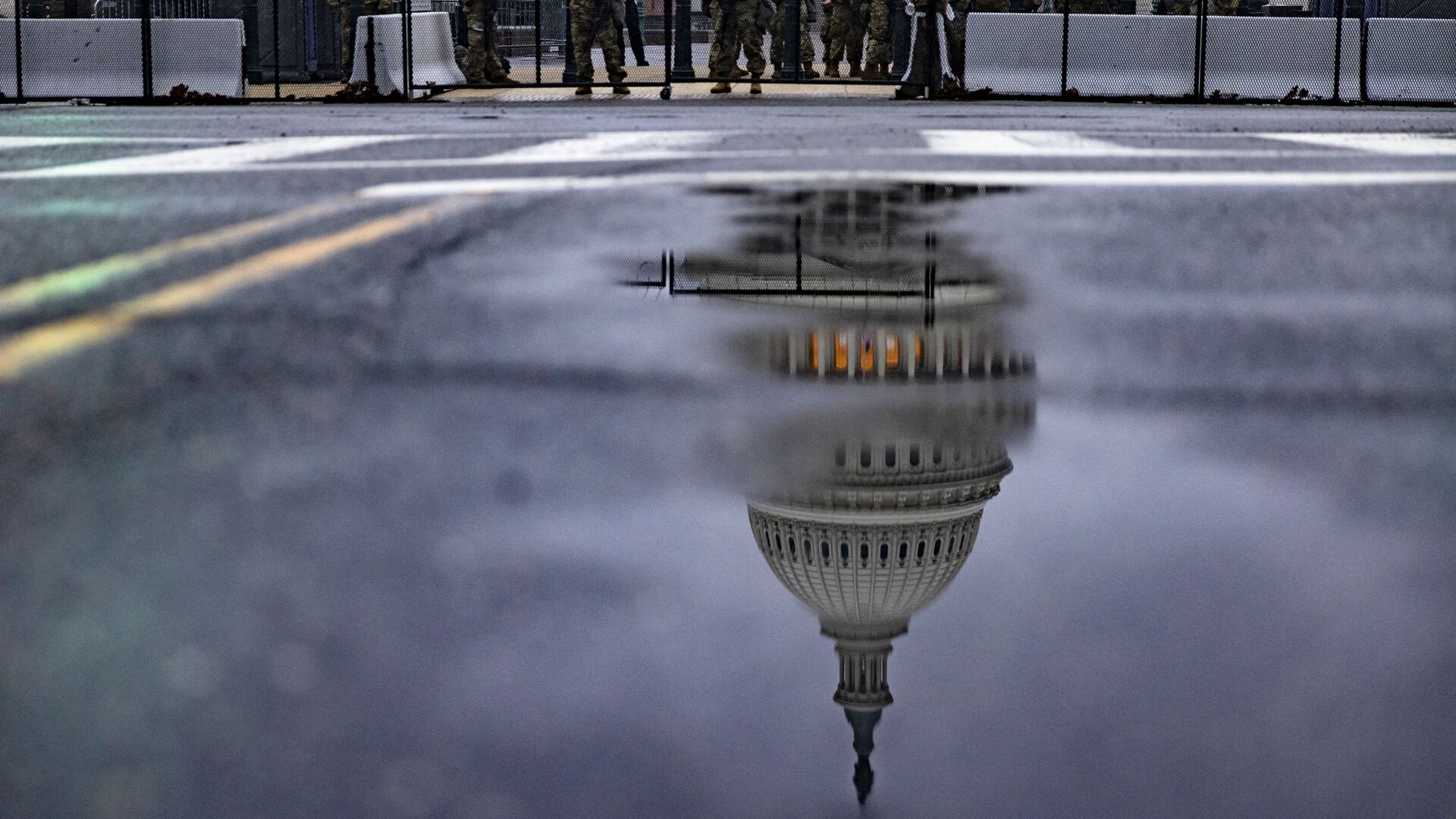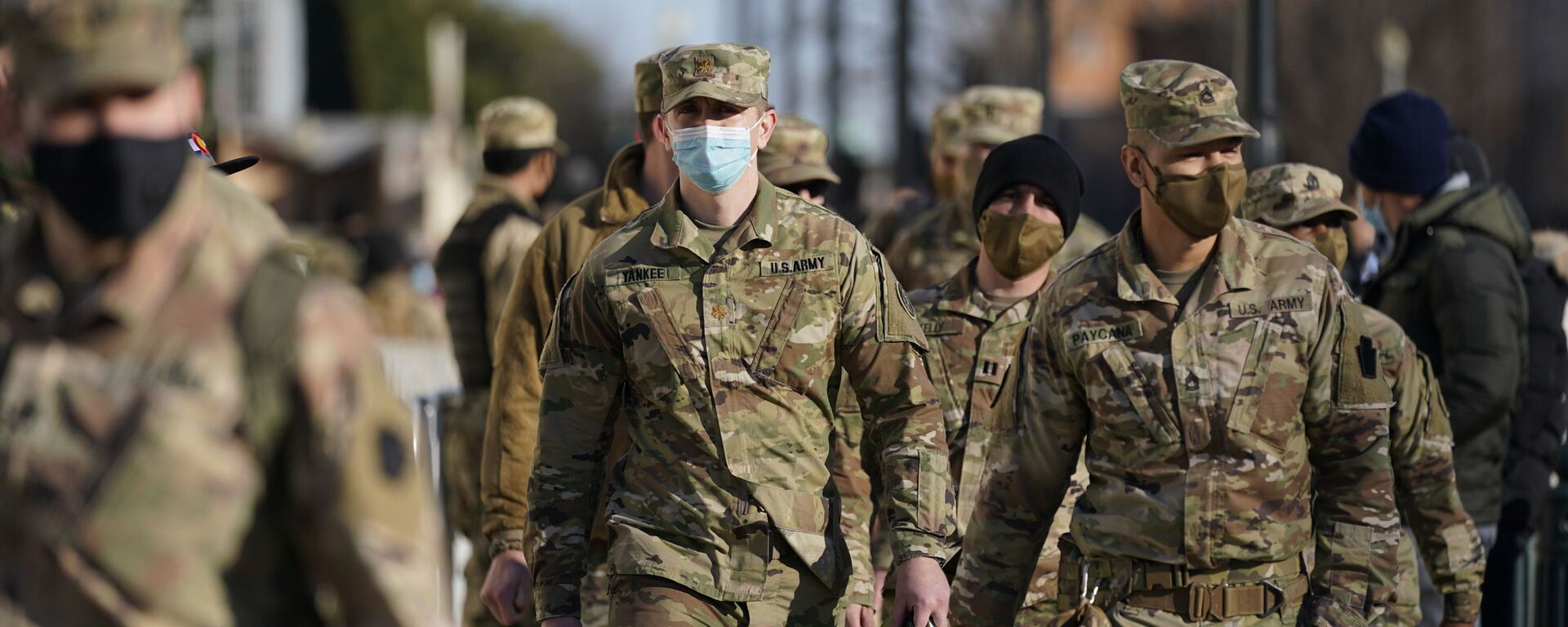An officer with the US Capitol Police has been suspended after a report emerged that anti-Semitic material had been found at a desk near the officer's work area, according to acting chief Yogananda D. Pittman. The document in question was the notorious Protocols of the Meetings of the Learned Elders of Zion, a fraudulent piece of writing from the early 20th century which pretends to lift the veil on a global conspiracy between Jewish people and freemasons to control the world.
"We take all allegations of inappropriate behaviour seriously. Once this matter was brought to my attention, I immediately ordered the officer to be suspended until the Office of Professional Responsibility can thoroughly investigate," Pittman said.
It is unclear so far, how the document ended up on the table at the entrance to the Longworth House Office Building, where it was found, and whether the suspended officer was somehow responsible for having put the tract there. It is also unclear who printed the document, which reportedly looked "tattered and stained".
The Washington Post was the first to break the news. The media outlet learnt about the incident from Zach Fisch, the chief of staff to House Democrat Mondaire Jones, who photographed the anti-Semitic document, which was lying in plain sight at the checkpoint of the building's entrance. Fisch found the anti-Semitic tract on 14 March as he was leaving the building. The chief of staff later relayed the photos to The Washington Post, which in turn requested a comment from the Capitol Police.
The Capitol Police has been under intense scrutiny ever since the pro-Trump rioters stormed the Congress building on 6 January. Numerous reports suggested that some of its officers not only did not stop the protesters, but even allegedly greeted them in the Capitol. Some of the rioters were purportedly members of various white-supremacy groups, according to some media reports. After the 6 January events, then Capitol Police chief, Steven Sund, announced his resignation over the inability of his agency to defend the building.




